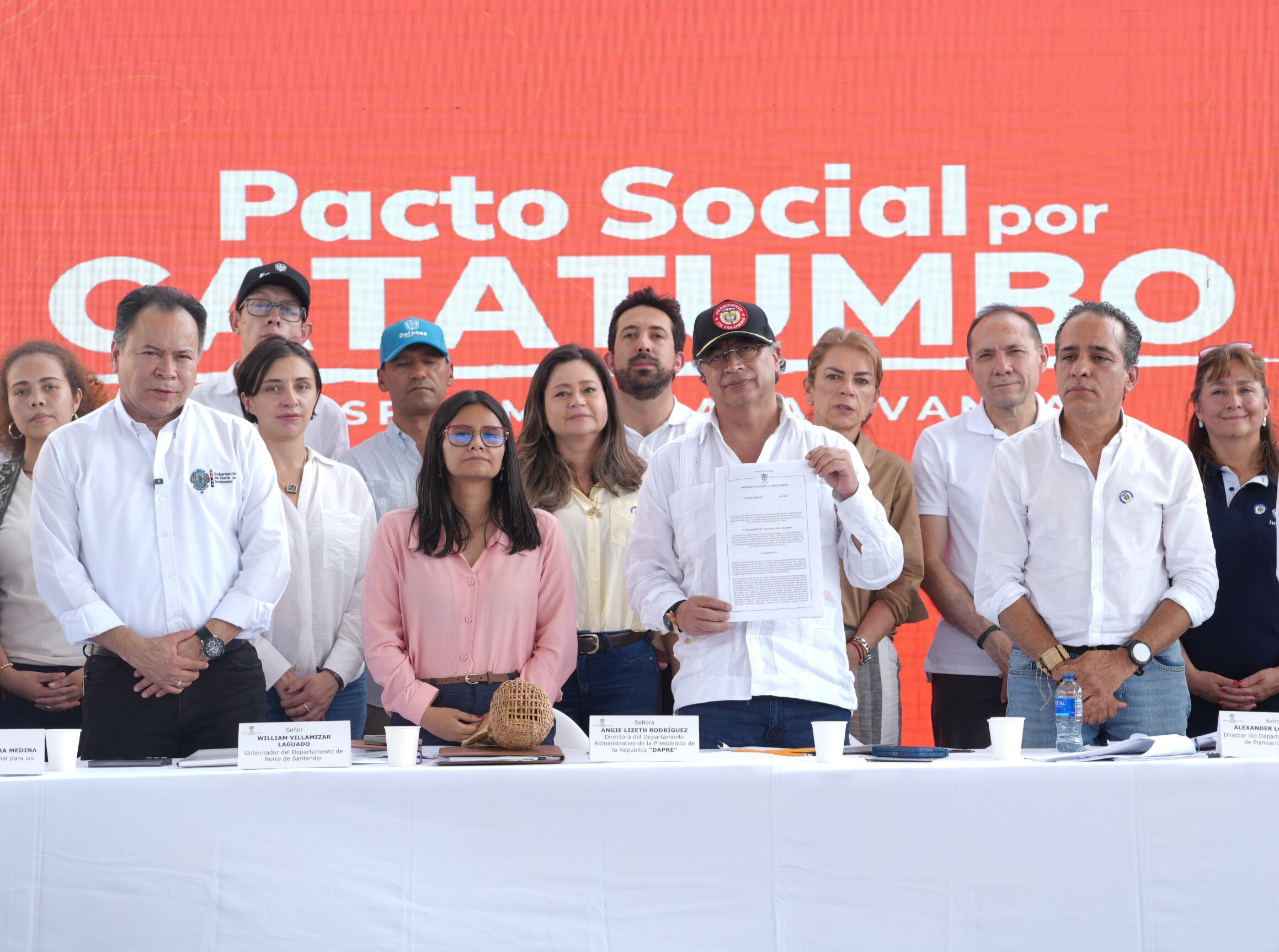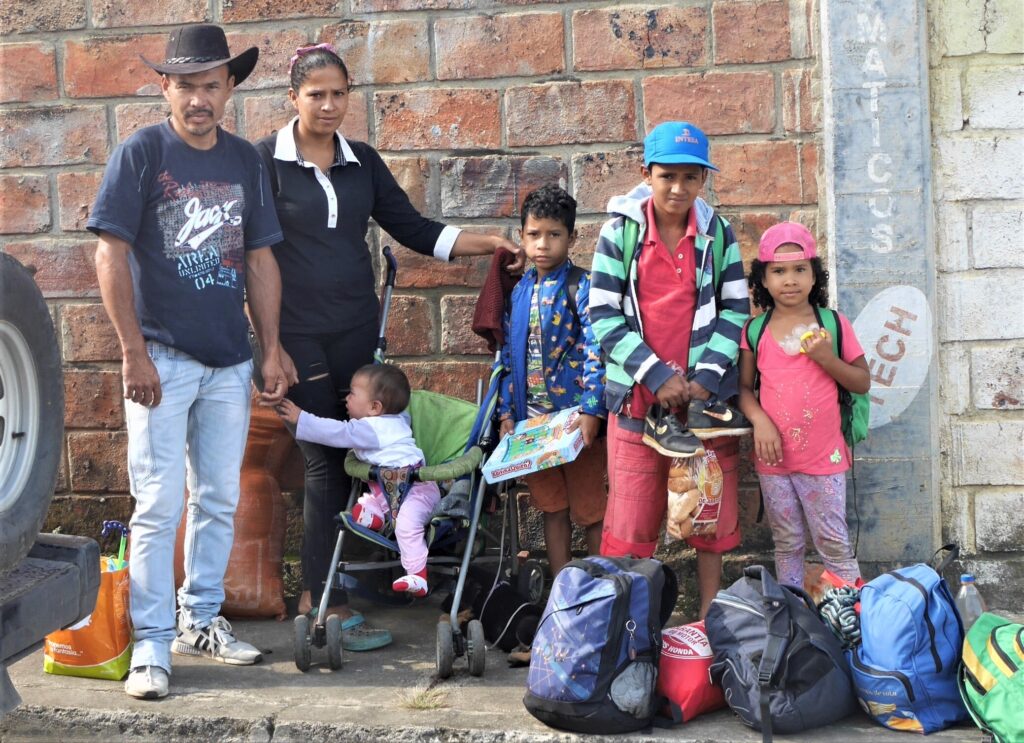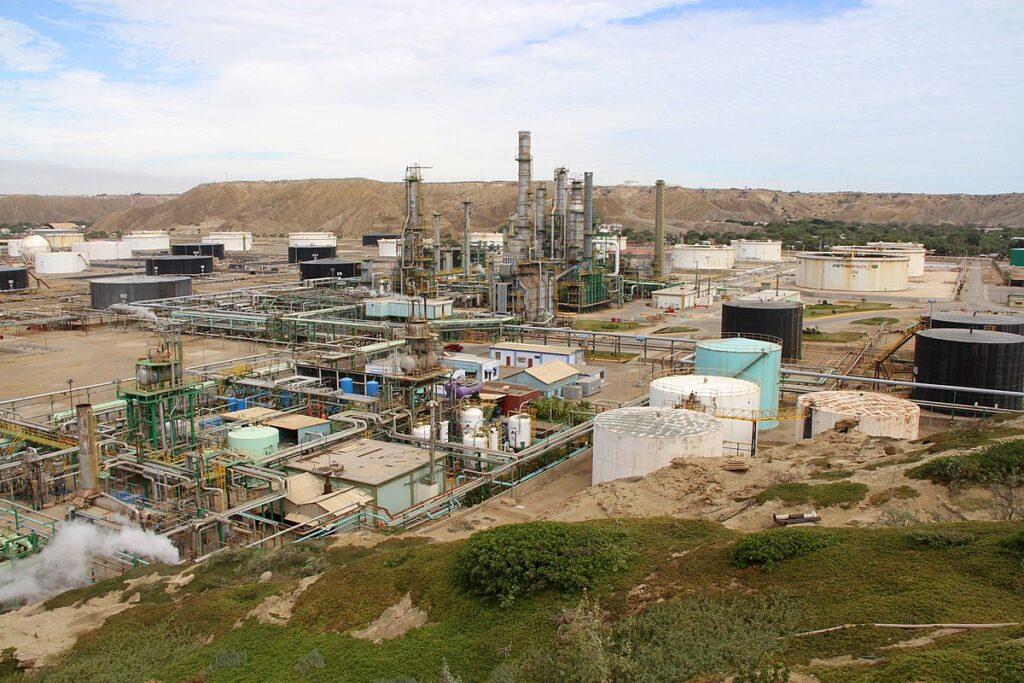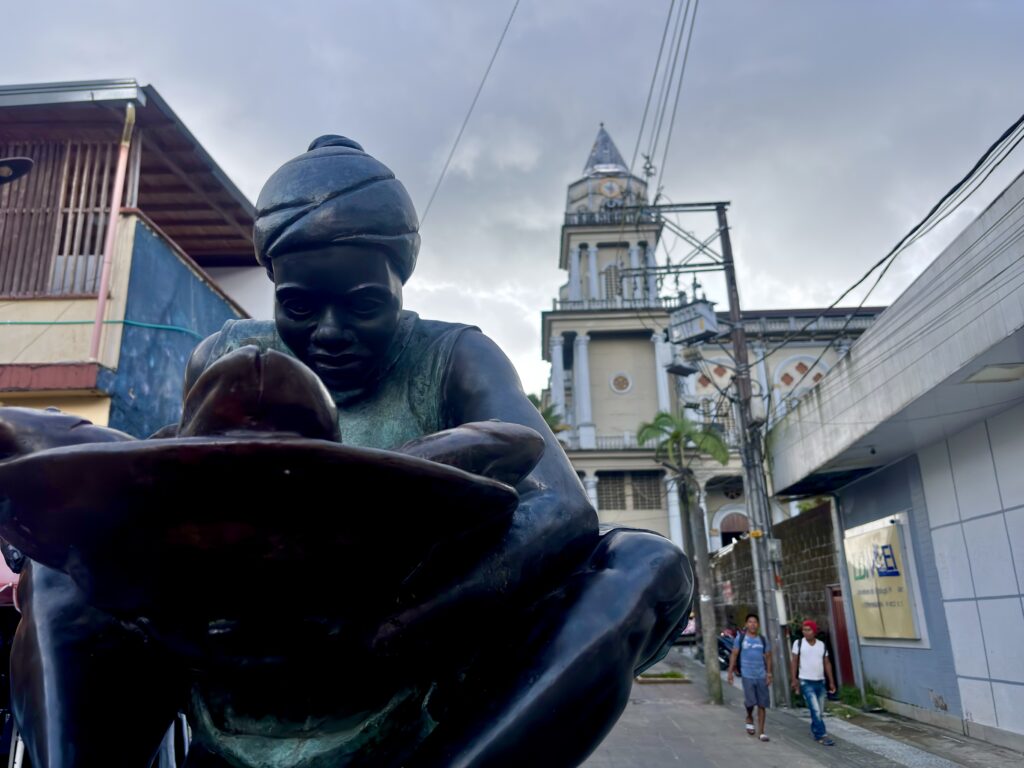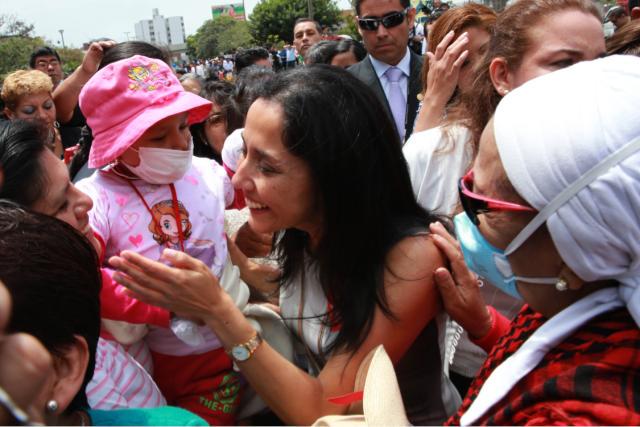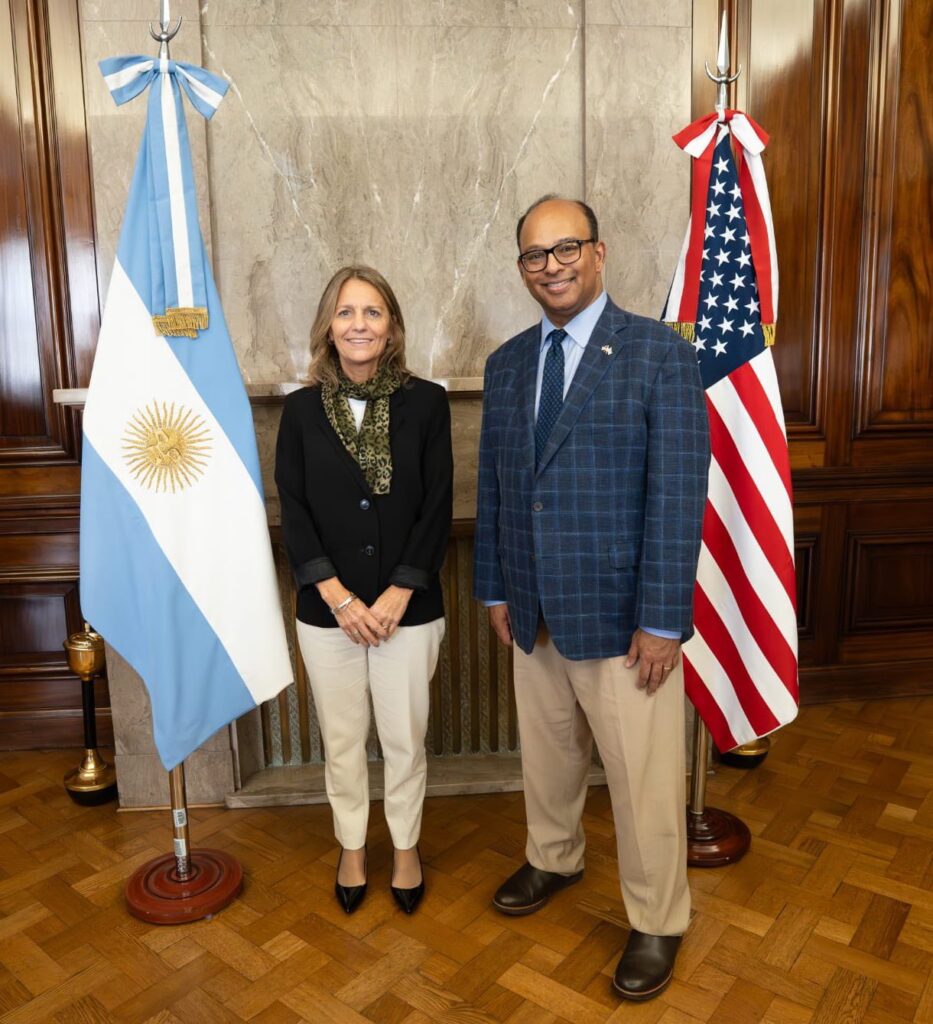Bogotá, Colombia – Colombian President Gustavo Petro proposed resuming peace talks with the National Liberation Army (ELN) yesterday, almost 10 months after declaring war on the rebel group over bloodshed in Colombia’s northeastern Catatumbo region.
The president’s announcement comes weeks after Pablo Beltrán, the head of the ELN, suggested resuming peace talks with the government which have been suspended since January.
Petro’s proposal follows a disappointing year for his ‘total peace’ plan, which has unsuccessfully attempted to strike peace deals with the country’s various armed groups.
“It is time to reinitiate contact with the ELN,” wrote Petro in an X post on Monday, adding, “I am responding to Mr. Pablo Beltrán. Try peace in Colombia.”
The ELN is one of Colombia’s oldest non-state armed groups, founded in 1964 as a Marxist insurgency. Today, it controls most of the country’s border with Venezuela and is involved in cocaine trafficking and other illicit economies.
Petro signed a ceasefire deal with the ELN in June 2023 that lasted until August 2024 but formally severed talks with the group in January 2025 after clashes between the ELN and a dissident faction of the demobilized FARC displaced some 80,000 people.
Petro also declared a state of emergency in January and said the ELN had “chosen the path of war.” Since then, the government has been engaged in active combat with the guerrillas.
But the president’s announcement Monday may signal that the government is growing weary of its war with the ELN.
“We believe the main reason [for Petro’s comments] is that it is very difficult to sustain a permanent military intervention in territory controlled by a group such as the ELN,” said Laura Bonilla, Deputy Director at Colombia’s Peace and Reconciliation Foundation (Pares).
The northeastern Catatumbo region is not only a difficult jungle terrain that favors guerrilla warfare, but the ELN is known to operate on both sides of the Venezuelan border, helping the group to evade Colombian security forces.
But the ELN has also suffered significant losses this year, which likely explains Beltrán’s request for peace negotiations last month, explained Bonilla.
Aside from challenges in fighting the ELN, a peace deal would also provide the government with important security guarantees ahead of national elections scheduled for May 2026.
“I think one of Petro’s main interests is to try to protect or stabilize the country ahead of the elections, so that the elections can take place, so that they do not unfold in an atmosphere of uncertainty,” Bonilla told Latin America Reports.
The campaign trail has already been marred by violence, with right-wing presidential hopeful Miguel Uribe Turbay fatally shot in Bogotá in June. But there are also concerns of disruptions to the democratic process in rural areas controlled by armed groups; a deal with the ELN could help stabilize some of those regions.
Even if the two parties resume negotiations, a deal between the government and the ELN is still likely a long way off.
“I believe that process needs to be redesigned by resetting the negotiating table,” said Bonilla.
She believes the ELN has not fully considered what it would do after a peace agreement if it were to strike one, and said that was one of the key reasons for the failure of previous negotiations. Bonilla added that the government must scale back the topics on the table for negotiation.
Featured image description: Gustavo Petro in Catatumbo.
Image credit: @infopresidencia via X.


